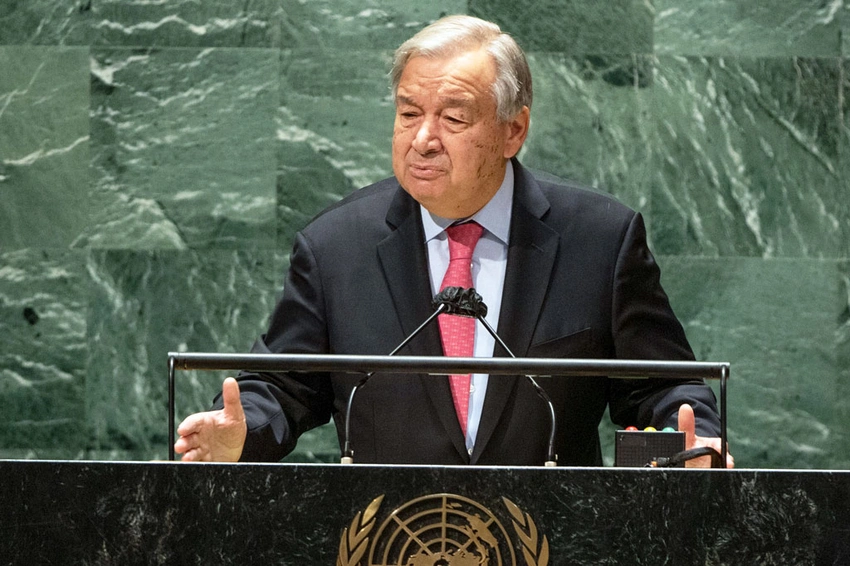Brussels, Belgium. In a decisive move reflecting the European Union's growing emphasis on self-reliance in defense, leaders from 26 member states convened in Brussels to endorse an unprecedented €800 billion investment in military capabilities. This landmark decision underscores the EU's commitment to enhancing its defense posture amid shifting geopolitical dynamics.

Catalysts for the Defense Surge
The impetus for this substantial increase in defense expenditure stems from recent global developments. Notably, U.S. President Donald Trump's suspension of military aid and intelligence sharing with Ukraine has raised concerns about Europe's security dependencies. French President Emmanuel Macron criticized Russian actions, labeling President Vladimir Putin as an imperialist, further highlighting the urgency for a robust European defense strategy.
European Commission President Ursula von der Leyen introduced the comprehensive €800 billion plan, emphasizing its significance for both Europe and Ukraine. She described it as a pivotal moment, marking a collective effort to strengthen defense capabilities and support Ukraine amidst escalating threats from Russia.

The Defense Plan
The "ReArm Europe" initiative focuses on several strategic objectives:
- Enhancing Defense Readiness - Allocating funds to modernize military equipment and improve rapid response capabilities.
- Reducing Strategic Dependencies - Investing in domestic defense industries to minimize reliance on external suppliers.
- Addressing Capability Gaps - Targeting areas such as air and missile defense, artillery, precision weapons, drones, cybersecurity, and protection of critical infrastructure.
- Strengthening the European Defense Industry - Supporting research and development to foster innovation within the EU's defense sector.
To facilitate these investments, the EU plans to relax existing debt rules, introduce new financing mechanisms, and enhance support from the European Investment Bank.
Diverse Reactions Among Member States
While the plan received widespread support, Hungary's Prime Minister Viktor Orbán was the sole dissenting voice, reflecting internal debates over national sovereignty and fiscal responsibility.
Ireland's Taoiseach, Micheál Martin, expressed support for the initiative but clarified that Ireland would not deploy troops for deterrent missions due to military capacity limitations. Instead, Ireland aims to focus on cybersecurity and maritime threats, aligning with its traditional stance on neutrality.
Economic Implications
Germany's commitment to significantly boost government spending, including lifting caps on defense budgets, has led to notable shifts in global financial markets. The announcement triggered a substantial sell-off in the bond market, with German bond yields experiencing their most significant spike since 1990. This development underscores the broader economic ramifications of increased defense spending within the EU.
Transatlantic Relations and Future Outlook
The EU's decision to augment defense spending also reflects a strategic pivot towards greater autonomy in security matters. With the U.S. reevaluating its military commitments under the current administration, European leaders recognize the necessity of a more self-sufficient defense framework.
French President Macron's proposal to extend France's nuclear deterrent to protect European allies has sparked both support and debate among EU members, highlighting the complexities of collective defense strategies.

Potential Repercussions
The EU's substantial investment in defense is poised to reshape the continent's security landscape. By addressing existing capability gaps and reducing dependencies, the bloc aims to enhance its strategic autonomy. However, this shift may also lead to:
Tensions with Russia - The bolstering of EU defense capabilities could be perceived as a provocative move by Moscow, potentially escalating geopolitical tensions.
Economic Strains - Allocating significant resources to defense may impact other public sectors, necessitating careful fiscal management to balance competing priorities.
EU Dynamics - Divergent views among member states regarding defense spending and military engagement could challenge the bloc's cohesion, requiring diplomatic efforts to maintain unity.
The European Union's commitment to an €800 billion defense investment marks a historic turning point in its approach to collective security. As global geopolitical landscapes evolve, the EU's proactive stance aims to safeguard its interests and uphold regional stability. The success of this ambitious plan will depend on effective implementation, fiscal prudence, and sustained solidarity among member states.
#EUDefense #EuropeanUnity #NATO #DefenseInvestment #MilitaryPower #GlobalSecurity #EULeaders














good opportunity for Indian defense industry
€800 billion for defense? That's a pretty penny - hoping it'll pay off in terms of security
Some comments may have been deleted or flagged.